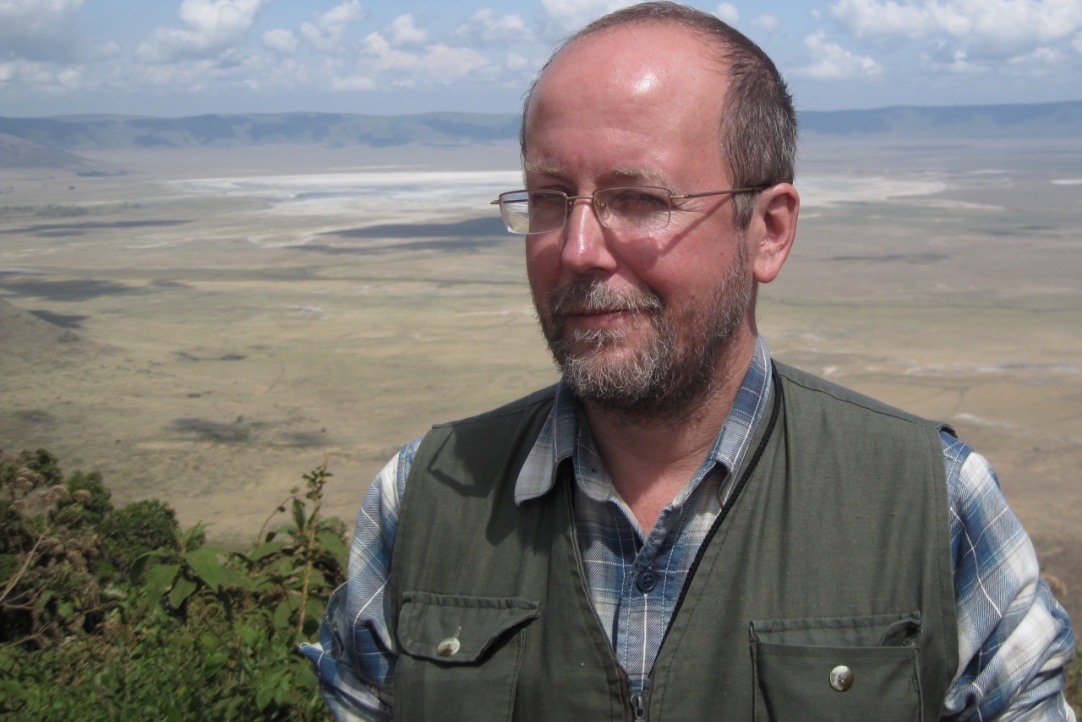
‘We Live in a Decelerating World’
The seemingly high rate of technological growth is illusory: the world is slowing down and will continue to do so long into the future. HSE scholars predict that the ‘technological singularity’ will occur in 2106 and that, contrary to what some expect, it will not mark the apotheosis of progress. Here, Andrey Korotayev, Leading Research Fellow, Head of the HSE Laboratory for Monitoring the Risks of Socio-Political Destabilization and a co-author of this study tells IQ.HSE why global acceleration is now a thing of the past, prognosticators are unafraid of ‘black swans,’ and the coronavirus will not rewrite human history.
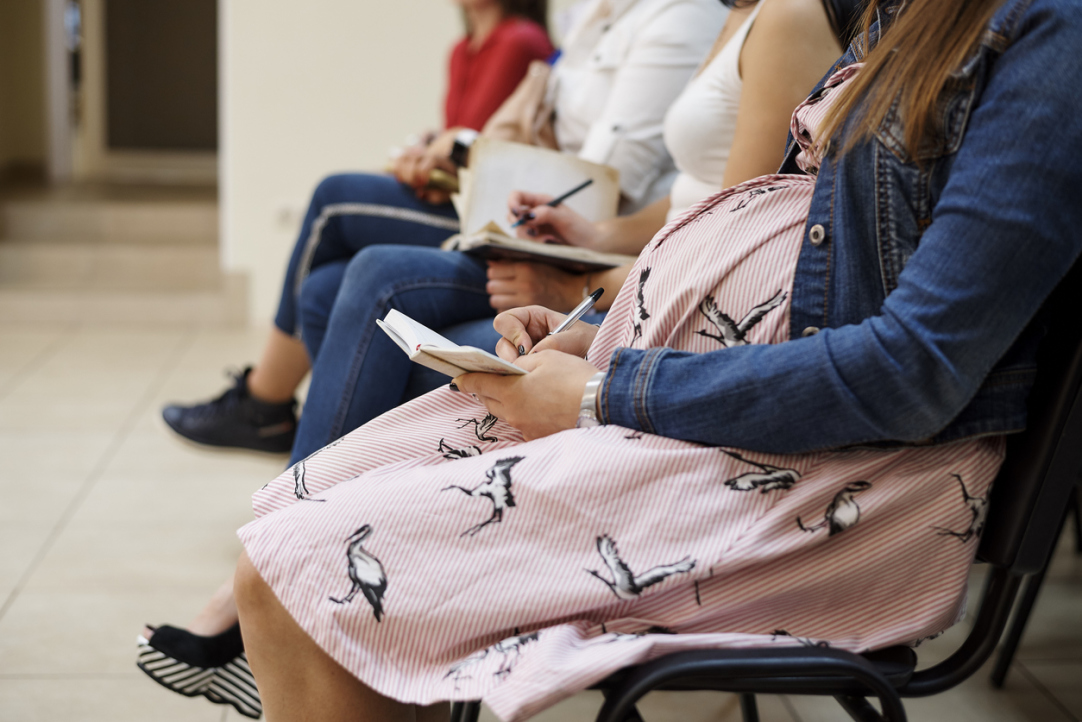
How Many Children Is Enough?
Most Russians would like to have two children: a boy and a girl. The others fall between the two extremes of either wanting no children (at least for now) or planning to have three or more. Having a large family is often associated with affluence. The reasons for having another child are many, from wishing to strengthen the family bond and teach older children to care for younger siblings to hoping that the maternity subsidy may help the family improve their housing situation. A HSE demographer used data from a sample of 15,000 respondents to study reproductive attitudes in Russia.

Russian Economic Prospects: Moderately Optimistic Forecasts
From April 6–7, the HSE Centre of Development Institute conducted a special survey among professional forecasters on the Russian economy’s prospects for 2020-2021. The experts expect a decline this year due to the coronavirus pandemic and low oil prices this year, but predict that the losses will be fully recouped in 2021.
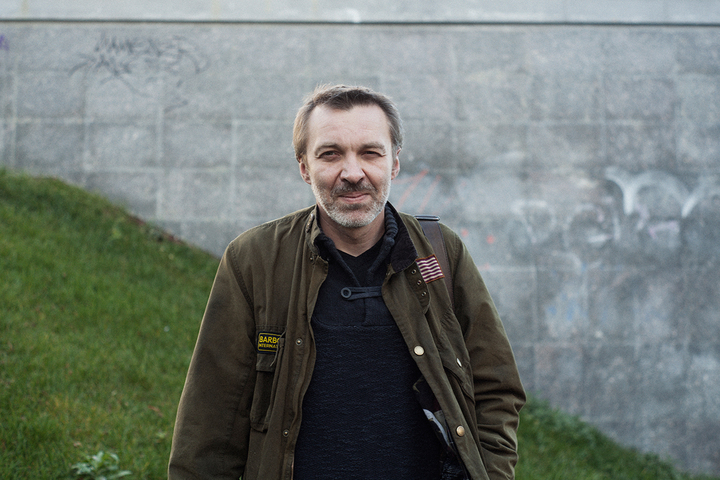
A Viral Critique of Modern Society
The coronavirus pandemic is transforming modern society, reviving old social practices and formulas such as the Russian ‘flat-car-dacha’ principle, while opening new technological frontiers and creating new cultural skills. Professor Vitaly Kurennoy, Head of HSE’s School of Cultural Studies, discusses these issues in an op-ed for Izvestiia. Read the full translation of the article below.

Degree from Home: The Difference between Online and In-person Learning for Technology Students
The Covid-19 pandemic has forced universities to switch to online learning, which will probably foster the development of online higher education. HSE University researchers joined forces with their American colleagues to demonstrate that online learning at university can be as effective as traditional in-person education. Their research used the example of technology disciplines.
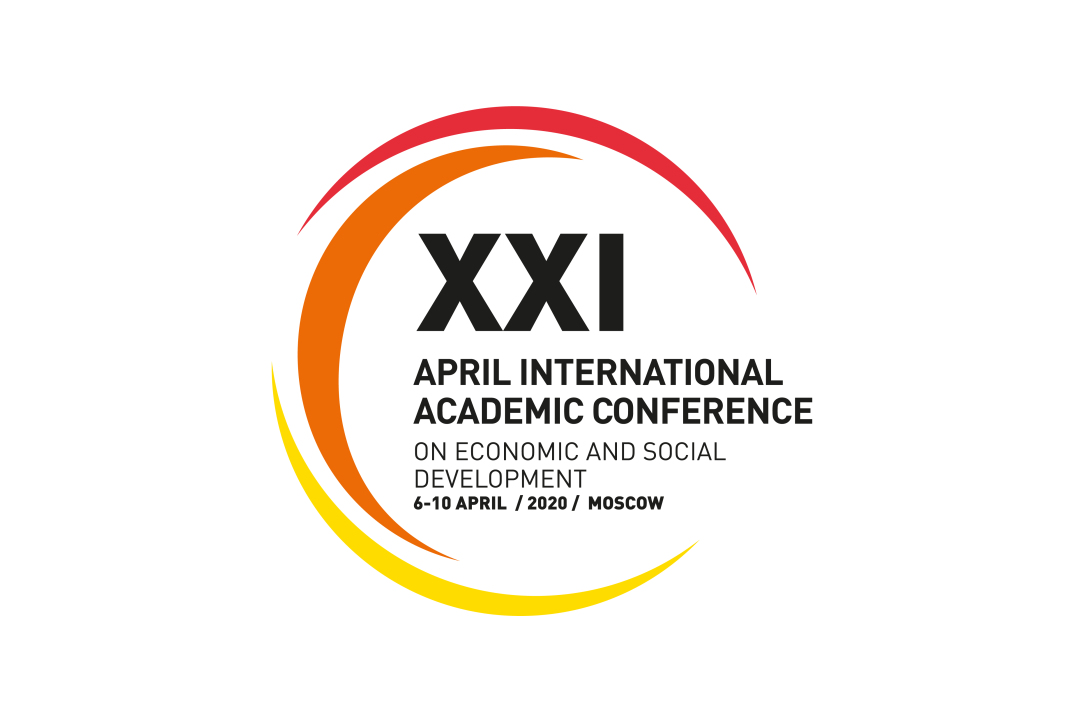
April Conference Begins as Scheduled
On April 7, 2020, the XXI April International Academic Conference on Economic and Social Development, organized by HSE University together with the World Bank, commenced. This year, the conference will be held in a distributed format.
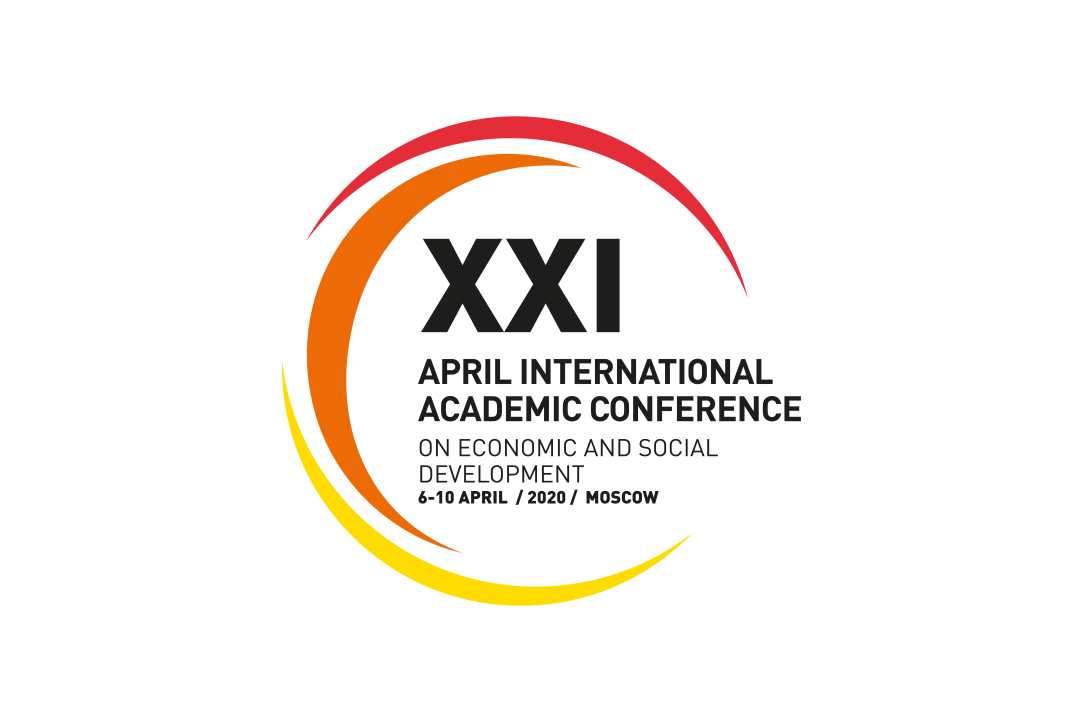
‘The April Conference Will Not Only Confirm, But Strengthen Its Reputation as a Platform for Innovative Research’
Evgeny Yasin, HSE Academic Supervisor and Head of the Programme Committee of the XXI April Conference, addressed participants of the forum, which is being held in a distributed format this year.

New RSCI List Includes 792 Journals
The Russian Science Citation Index (RSCI) has released a new journal list on the Web of Science Platform. The list was prepared by a group of experts at the Index who assessed the journals in terms of their quality and academic integrity.

Divorce According to Plan: Who Ends Relationships Most Often—And Why
Citing data from Russia’s largest international sampling study, HSE demographers have shown that women are more likely than men to consider divorce and are more determined to end their marriage. They also found that young couples are more likely to be unhappy with their relationship. The report was prepared for the XXI April International Academic Conference on Economic and Social Development at HSE University.

HSE University Researchers Receive Fifteen Grants from the Russian Science Foundation
The Russian Science Foundation has announced the winners of four 2020 competitions. Some of the winners are from HSE University. They have received grants of 12 to 24 million roubles, for a term of two to four years.


Applications are submitted until August 17, 2025